Reading time ~5 minutes
Heart disease is the leading killer of both men and women — it takes more lives than all forms of cancer combined. The cardiovascular disorder can also make an emotional toll, affecting the mood, attitude, and quality of life. While weight management and daily exercise are essential to keep the heart in place, the food you consume will mean just as much. Heart disease accounts for about one-third of all deaths globally. Diet plays a vital role in heart health and can affect the risk of heart disease. Also, certain foods can affect blood pressure, triglycerides, cholesterol, and inflammation, which are all risk factors for cardiovascular disease. A meta-analysis of the cohort studies of 469,551 participants showed that higher intakes of fruit and vegetables cater to a reduced risk of death from heart disease, with an estimated reduction in risk of 4 percent for each additional serving per day of vegetables and fruit. It would be best if you tried to consume the food that comes from the earth in its standard shape. While you already know that consuming certain foods already raises your risk of heart disease, it is still difficult to improve your eating habits. If you have years of unhealthful eating under your belt or want to fine-tune your diet, there are six healthier foods to enjoy. When you know which foods to consume more and which foods to limit, you’re on your path to a heart-healthy diet.
Your heart is a machine that’s finely tuned. To keep it going in peak shape, you need to give proper fuel to your heart. And that means that you should choose a healthy diet. Let’s learn which are the fruits and veggies that are healthy for your heart:
Avocados are an excellent source of heart-healthy monounsaturated fats related to reduced cholesterol levels and a lower risk of heart disease. Avocados are also rich in potassium, a nutrient that is vital for the protection of the heart. Also, only one avocado supplies 975 milligrams of potassium or around 28 percent of the amount you need on a day (19). Avocado oil is nutritious and safe to cook as the fats in the oil are immune to heat-induced oxidation. This cycle makes certain fats unhealthy for you after they have exceeded a specific high temperature. Mono and polyunsaturated fats, when taken in moderation and consumed in place of saturated or trans fats, can help reduce blood cholesterol levels and lower the risk of cardiac disease. Avocados are one of the few fruits that offer “healthy” fats to the skin. Avocados add good fats to one diet, providing 5 g of mono and 1 g of polyunsaturated fat per serving of 50 g.
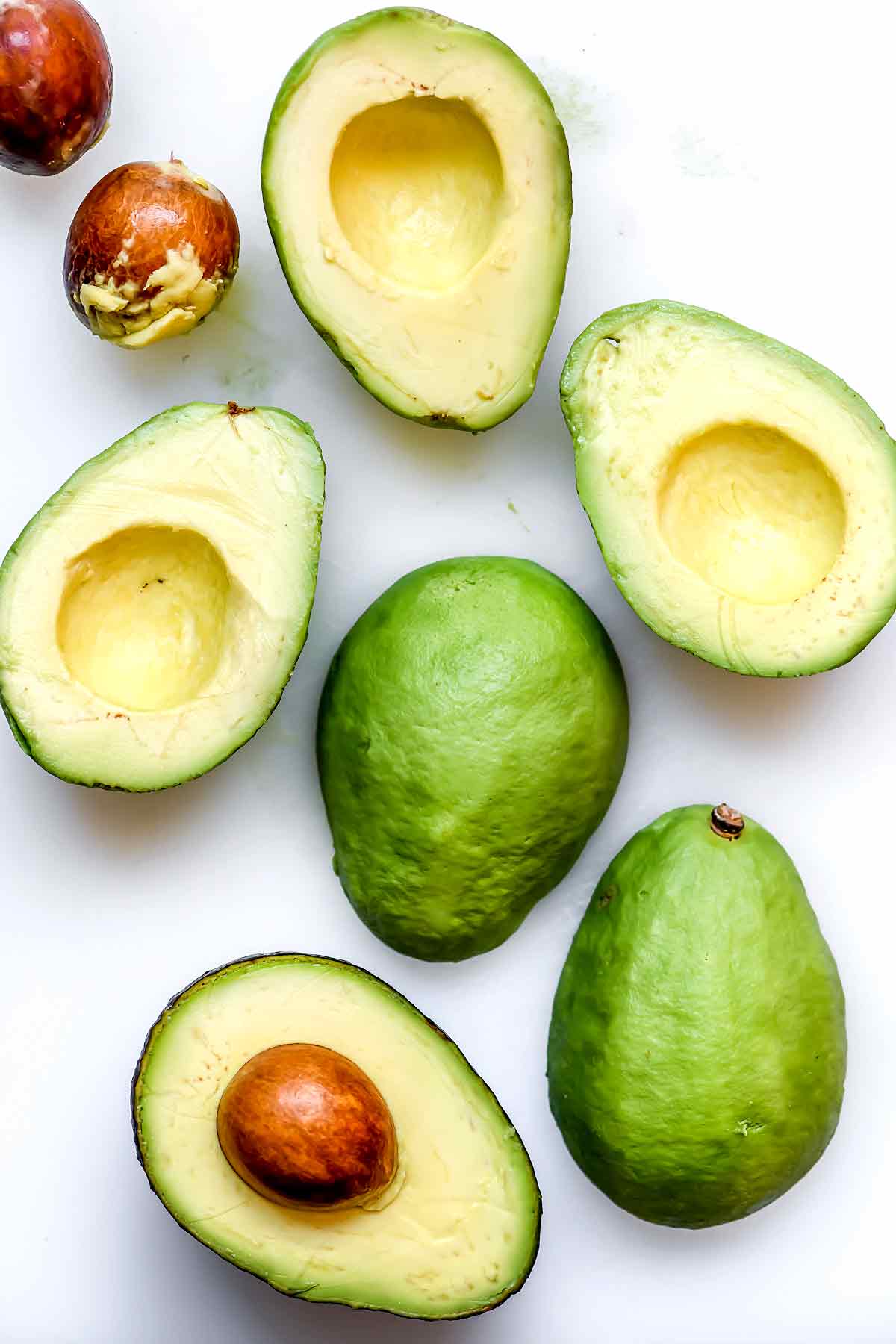
Tomatoes have two vital nutrients that have a significant impact on heart health: lycopene & potassium. Lycopene is a plant-based pigment with powerful antioxidant properties. Antioxidants help neutralize damage caused by free radicals, preventing inflammatory and oxidative damage, which can contribute to heart disease. Lycopene is a chemical that provides the tomato its red colour, a form of a drug that helps protect cells from being hurt. Some evidence suggests that lycopene can lower LDL or “poor” cholesterol and protect the blood from clotting, which lessens the risk of stroke. Potassium is a substance that can help reduce blood pressure by taking the salt out of the system and calming the walls of the blood vessels. Tomatoes are useful for preventing oxidized LDL, body inflammation, blood pressure, possibilities of a heart attack, and the risk of stroke. So let’s change the phrase here today, the new and improved version is: “A tomato a day keeps the doctor away.”

Garlic is consistently associated with health effects – from cold relief to reducing blood pressure and cholesterol levels. Garlic contains vitamins C and B6, manganese, and selenium. A chemical called allicin, a form of antioxidant, is responsible for its beneficial effects. It has is used as a herbal treatment for a variety of diseases for centuries. In recent years, a study has reported its potent therapeutic properties. It has shown that garlic can also help to enhance heart health. This is due to the presence of a compound called allicin, claimed to have many medicinal benefits.
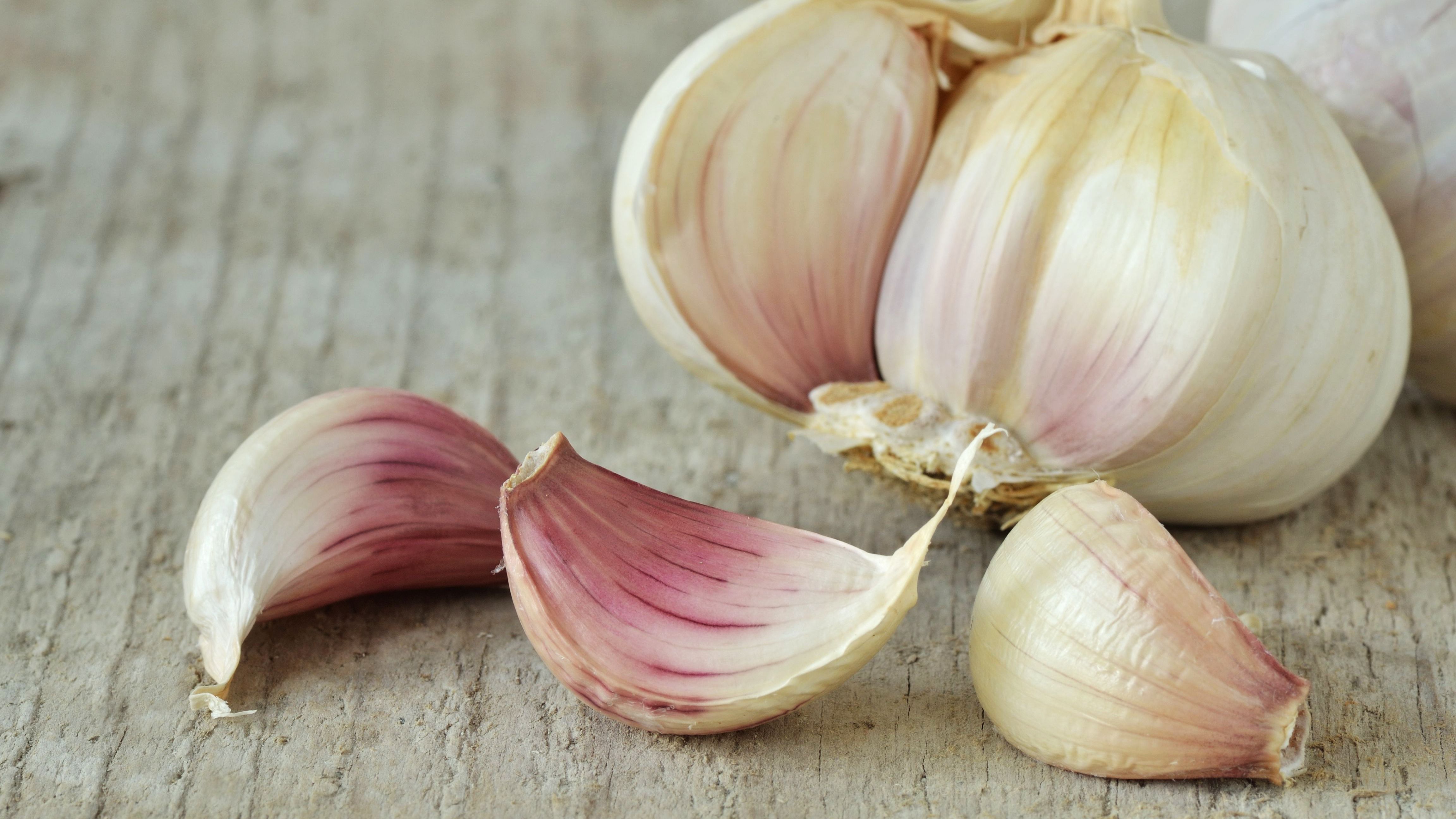
Apples are said to help with a reduced risk of heart disease. This is because they contain several different substances that improve various causes linked to heart health. For starters, they contain a phytochemical called quercetin that serves as a natural anti-inflammatory agent. Quercetin may also help prevent blood clots from occurring. Eating apples daily revealed lower cholesterol levels and two other factors associated with plaques and inflammation in the artery walls. Eating two whole apples, rather than a sugar and calorie matched apple juice drink, has a significant effect on markers of the heart health of participants.
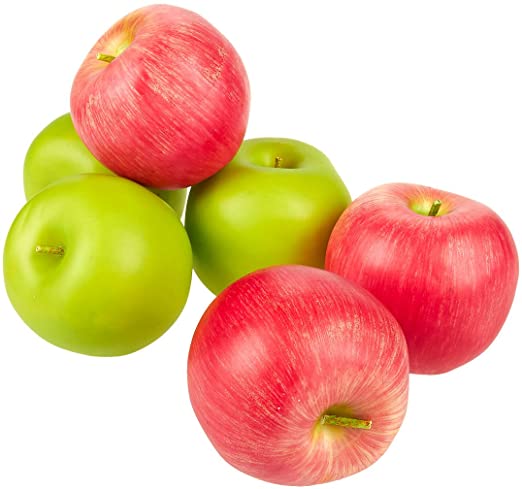
Berries are rich with antioxidants. Research shows that eating them can minimize several risk factors for heart disease. Strawberries, blueberries, blackberries, and raspberries contain essential nutrients that play a crucial role in the heart’s health. Berries are high in antioxidants, such as anthocyanins that guard against chronic inflammation contributing to the production of cardiac disease.
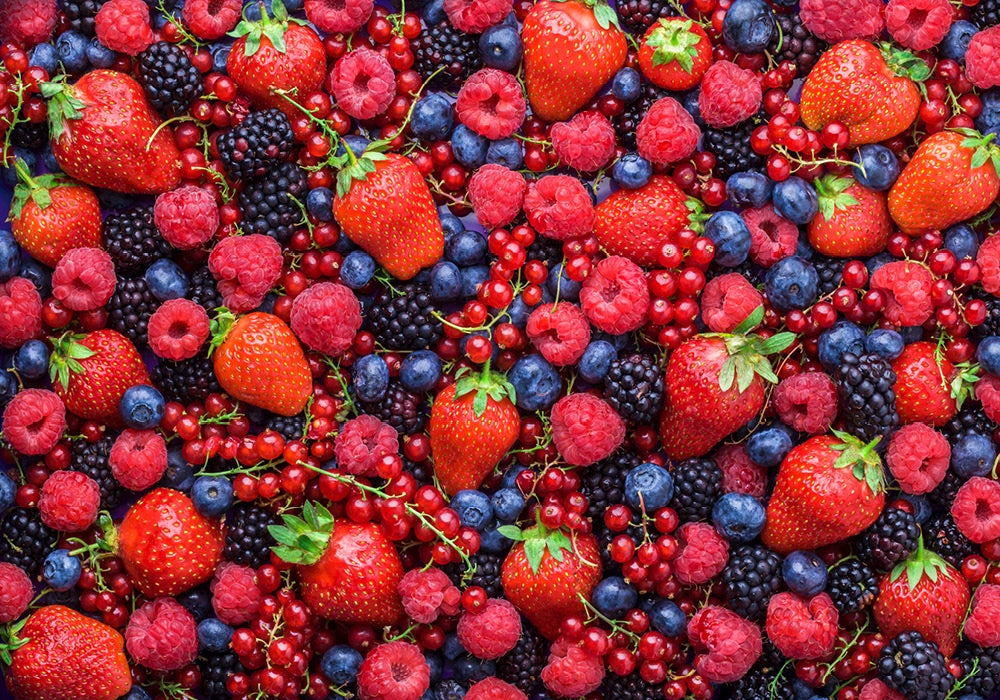
Leafy green vegetables such as spinach, methi, and kale are well known for their valuable vitamins, minerals, and antioxidants. In fact, they are a great source of vitamin K that helps protect the arteries and facilitate healthy blood clotting. They are also rich in dietary nitrates, which have proved to lower blood pressure. They also help to minimize arterial stiffness and improve the function of cells lining the blood vessel. Some studies have also identified a correlation between increasing the consumption of leafy green vegetables and a reduced risk of heart disease. One survey of eight studies showed that increasing abundant green vegetable consumption correlated with a 16% lower heart disease occurrence. Another research in 29,689 people found that high consumption of leafy green vegetables was associated with a slightly reduced risk of coronary heart disease.
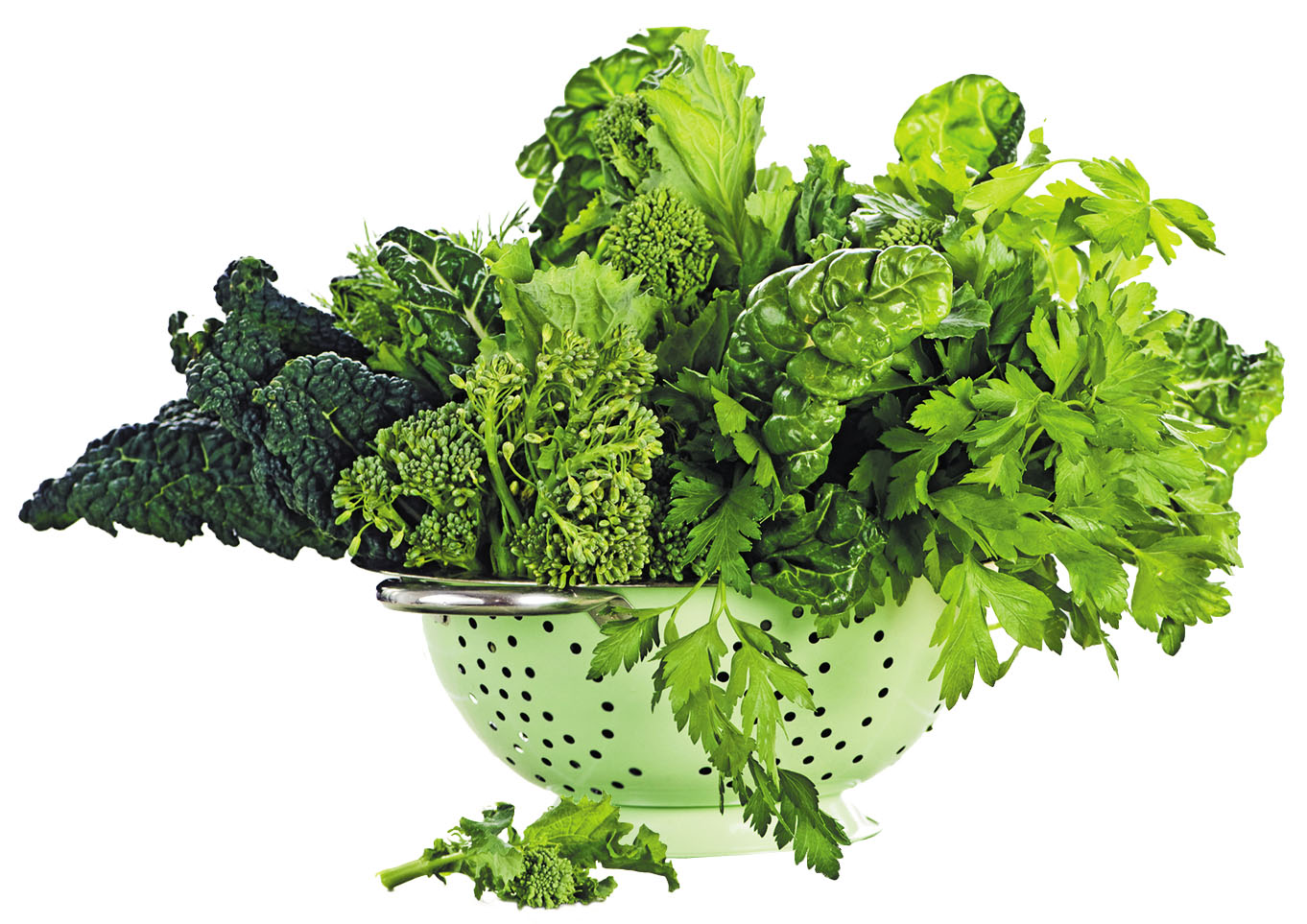
Jul 22, 2020
articleJul 18, 2020
articleJul 08, 2020
articleSign up for curated informational content & updates.
India’s first video shopping experience for agriculture commerce serving better produce for our customers and providing a better source of income for farmers.
© 2020 Atom Internet Pvt Ltd . All Rights Reserved